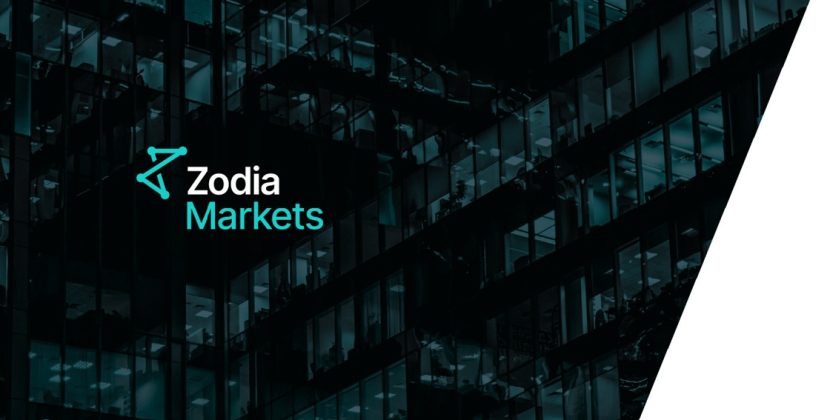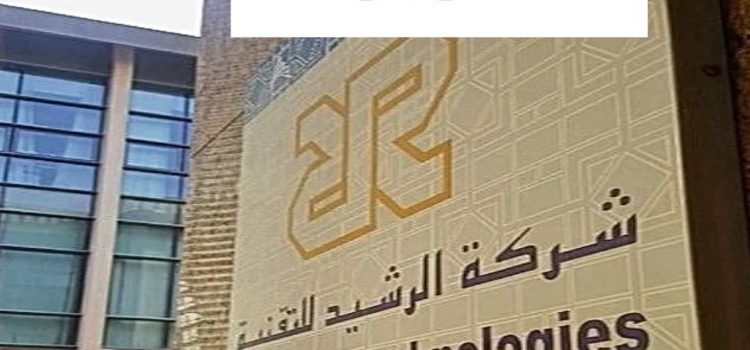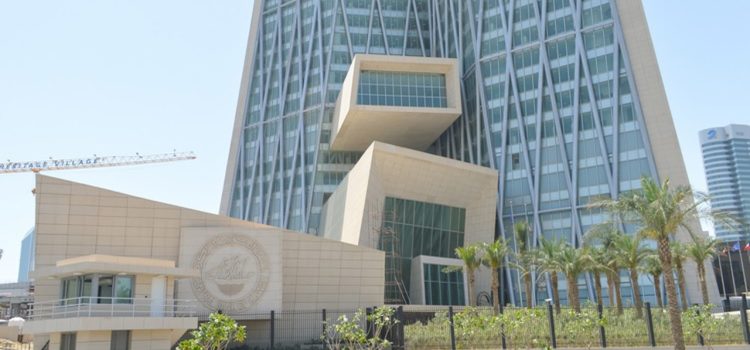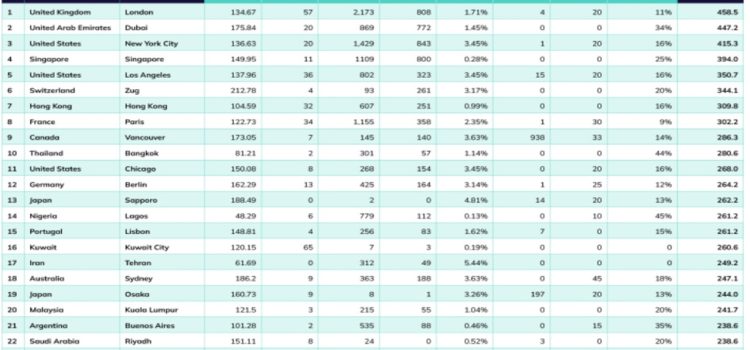
USA based Everything Blockchain Inc, a technology company that is blending blockchain, DBMS and Zero Trust to deliver disruptive new ways to store, manage and protect data, has partnered with Saudi Arabia’s Al-Rushaid Technologies (ART) IT subsidiary of Al Rushaid Group. ART will become a non-exclusive reseller of BuildDB, EBI’s next-generation database powered by a advanced private blockchain architecture that delivers superior performance, reduced latency, zero trust and unmatched resilience.
As per the press release, the two companies will work to deliver highly-differentiated data protection solutions to countries in the Middle East and North Africa.
ART offers a variety of innovative IT solutions suitable for companies of all sizes and across various industries. The five-year distribution deal with a combined total of $47 million in performance based milestone payments to EBI will position ART as the exclusive agent of the company’s EB Control platform in several MENA countries, including Saudi Arabia, Bahrain, Kuwait, the United Arab Emirates, Oman and Egypt.
EB Control safeguards data on the owner’s local device by creating a secure vault. This vault can be stored, transported or shared, allowing owners to maintain complete control for the lifespan of the data. With EB Control, data and files can be geo-fenced, time-fenced and data rights management invoked. With this innovative technology, data can be confidently shared and controlled outside of a secure domain.
“We are thrilled for this partnership with ART,” said Toney Jennings, Chief Executive Officer, EBI. “EB Control merges simplicity of use with elevated and extended security protections. We are confident that our technology will exceed all data protection needs of small and medium-sized businesses to large corporations across MENA countries.”
In March 2022, USA based Everything Blockchain,, opened its offices in Saudi Arabia (KSA).
Originally called GigeTech Inc. and then OBITX, Inc., Everything Blockchain, was established in March 2017. In April 2020, through a change of control action, it discontinued that line of operations in favor of Blockchain development.












